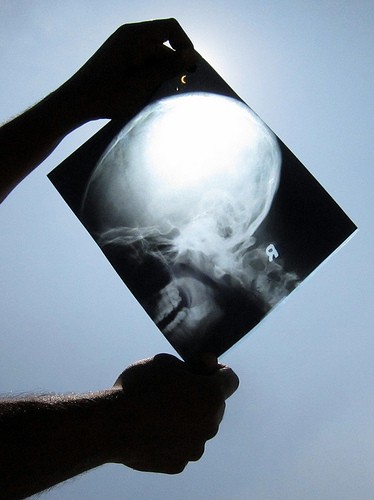Unnecessary Brain Scans Persist in U.S.

An alarming number of patients in the Unites States are receiving brain scans for routine headaches, according to a recent study.
The study, published in the Journal of the American Medical Association (JAMA) Internal Medicine, found that about 12 percent of patients who see a doctor about a headache have their brain scanned, despite regulations clearly advising against this.
Numerous health organization guidelines have long advised doctors from giving their patients brain scans when all they are reporting are routine headaches, but this latest study has revealed that many doctors are ignoring the organizations' pleas.
According to the author of this latest study, past research has revealed that brain scans for headaches alone are virtually pointless, uncovering a potential tumor or blood vessels problem in one to three percent of all headache-inspired brain scans. It has also been noted on multiple occasions that even among the problems that are uncovered, most may prove harmless, and often are found having nothing to do with the headaches the patient was initially complaining of.
"There's solid research showing that the number of times you find serious issues on these scans in headache patients is about the same as that for a randomly chosen group of non-headache patients," said Dr. Brian Callaghan, the lead author of the study.
To reach their own conclusions, Callaghan and his peers assessed the data from 51.1 million visits from patients complaining about headaches between 2007 and 2010. They found that of those visits, 12.4 percent resulted in a MRI or CT brain scan. Amazingly, the massive majority of these scans didn't result in any important findings, but wound up costing an estimated $3.9 billion -- based on what Medicare would pay for the tests.
The research team determined that many physicians are likely ordering pointless brain scans for patients because the patients insist on having them done. While likely providing some patients piece-of-mind, the researchers advise against these costly and unnecessary procedures all the same.
The study was published in JAMA Internal Medicine on March 17.
Mar 18, 2014 04:04 PM EDT





